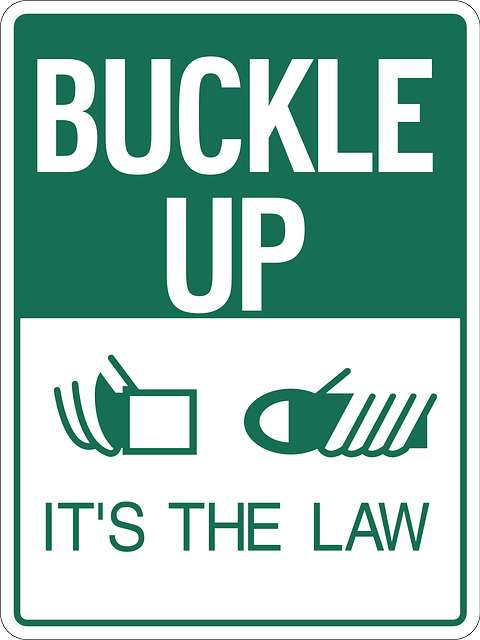Understanding criminal law reveals a complex interplay between prosecutors, defendants, and defense attorneys. Plea bargaining, a critical aspect of criminal law, offers significant benefits of plea bargaining in criminal cases, such as enhanced efficiency within the justice system. By reducing litigation time and judicial resources, plea bargains help victims achieve closure faster. Despite concerns about unfair agreements, the advantages—including resolved cases without lengthy trials—make plea bargaining a prevalent strategy globally, with numerous real-world applications demonstrating its success in achieving fair resolutions and streamlining court dockets.
In the intricate world of criminal law, plea bargaining plays a pivotal role in shaping justice outcomes. This article delves into the heart of this process, providing an insightful exploration of how it functions and its profound impact on legal proceedings. From understanding the basic tenets to analyzing the benefits of plea bargaining, we uncover the key players involved and their roles. Discover real-world examples that highlight the advantages and potential drawbacks, offering a comprehensive guide to this essential aspect of criminal justice.
- Understanding Criminal Law Cases: The Basics and Key Players
- Exploring Plea Bargaining: Process, Advantages, and Disadvantages
- Real-World Examples: How Plea Bargaining Shapes Criminal Justice Outcomes
Understanding Criminal Law Cases: The Basics and Key Players
Understanding Criminal Law Cases involves grasping a complex web where various stakeholders play pivotal roles. At the heart of it lie prosecutors, who represent the state and pursue justice by presenting evidence in court to secure convictions. Defendants, on the other hand, face charges and must either plead guilty or fight their accusations, often with the aid of defense attorneys. These attorneys are crucial in protecting their clients’ rights and negotiating deals that could result in reduced sentences through benefits of plea bargaining in criminal cases.
Plea bargaining is a process where the defendant agrees to accept a lesser charge or sentence in exchange for pleading guilty. This strategy can be advantageous for both corporate and individual clients facing high-stakes cases, as it allows them to avoid lengthy trials, potentially harsher punishments, and the uncertainty of jury decisions. The role of judges is also significant; they oversee the proceedings, interpret laws, and impose sentences, ensuring fairness throughout the criminal justice system.
Exploring Plea Bargaining: Process, Advantages, and Disadvantages
Plea bargaining is a critical aspect of criminal law cases, offering a process where defendants and prosecutors engage in negotiations to reach an agreement short of trial. This strategy has both advantages and disadvantages, with its benefits often underscoring why it’s widely used across the country. One of the key benefits of plea bargaining in criminal cases is its ability to enhance efficiency within the justice system. By allowing defendants to plead guilty to a lesser charge or accept a negotiated sentence, the process can significantly reduce the time spent on litigation, which benefits both the judicial system and the philanthropic and political communities.
Moreover, plea bargains often lead to an unprecedented track record of resolved cases without the need for lengthy trials. This approach not only saves legal resources but also ensures that victims can find closure more swiftly. While there are potential drawbacks, such as concerns over unfair agreements, the advantages of plea bargaining remain compelling, making it a go-to strategy in managing criminal law cases across the country.
Real-World Examples: How Plea Bargaining Shapes Criminal Justice Outcomes
Plea bargaining is a critical aspect of criminal justice systems worldwide, and its impact on outcomes is evident through numerous real-world examples. This process allows for a more efficient and effective resolution of criminal cases, often achieving extraordinary results. By negotiating a plea deal, defendants can avoid lengthy trials, reduce potential sentences, and in some instances, gain more favorable terms. For instance, consider a case where a defendant faces multiple serious charges with substantial penalties. The prosecutor, recognizing the strength of their case, offers a reduced sentence in exchange for a guilty plea. This arrangement benefits both parties—the state secures a conviction without the time and resources required for a trial, while the defendant receives a lighter sentence, avoiding the potential for a much harsher outcome.
The benefits of plea bargaining are countless, as demonstrated by its unprecedented track record in ensuring swift justice. For his clients, it means securing more favorable outcomes and sometimes even avoiding criminal charges altogether. This process streamlines the judicial system, allowing courts to manage their dockets effectively while still achieving just resolutions for crimes committed. Real-world success stories of plea bargaining prove its value in modern criminal law, where efficiency and fairness go hand in hand.
In conclusion, understanding criminal law cases involves grasping the intricate interplay between various legal entities and processes. Exploring plea bargaining highlights its benefits in streamlining justice, reducing costs, and offering defendants viable alternatives. Real-world examples underscore how this practice can positively shape criminal justice outcomes, ensuring a balanced approach that benefits both victims and accused individuals alike. By recognizing the advantages of plea bargaining in criminal cases, we can navigate the complexities of our legal system more effectively.






